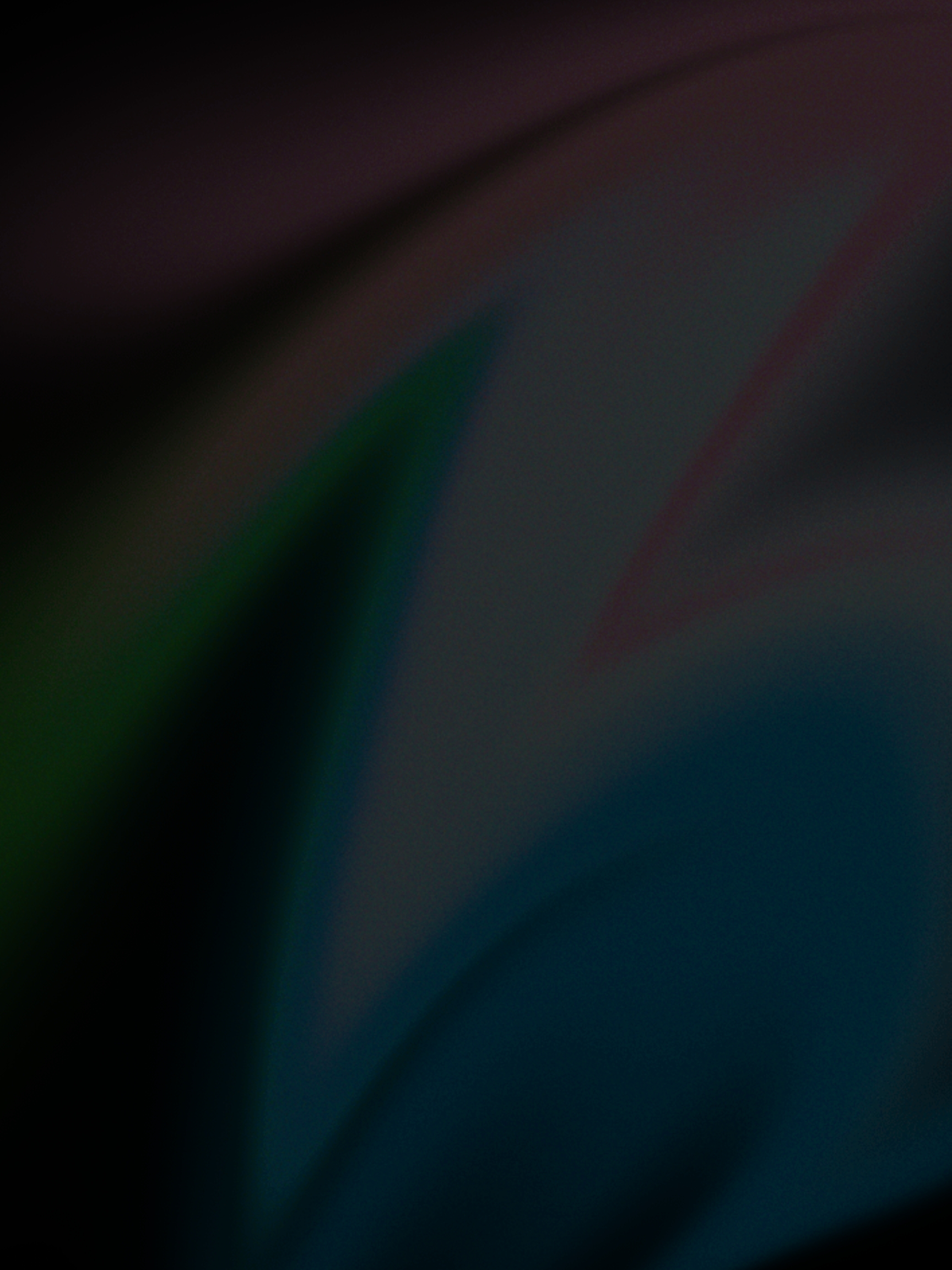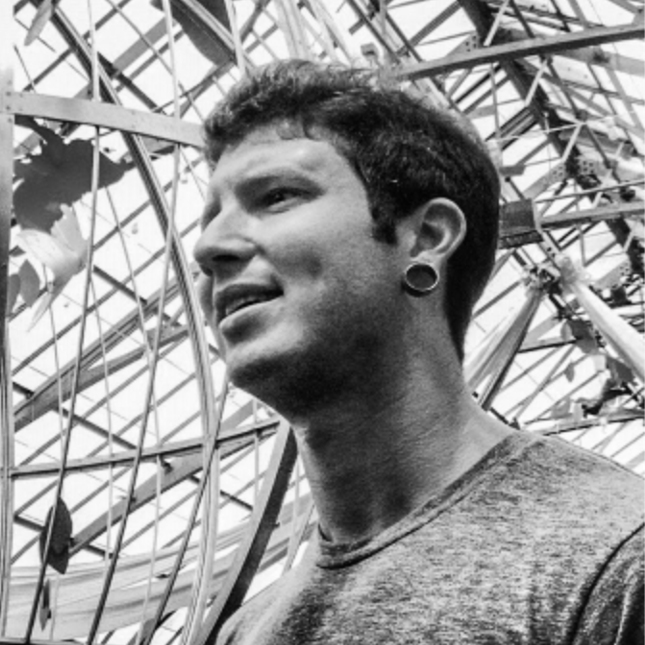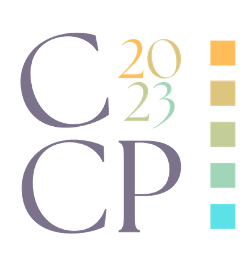
the power of story
jd murgolo
I began podcasting because I had a story to tell – one I intended to live out loud and on a public stage. Through podcasting, I could record the journey of both how I had lost my mojo and how I would get it back.
Making this one decision, telling my story and sharing the many facets of mental illness, transformed my life forever.
My name is JD, founder of Fragile Moments. I’ve been telling my story while inviting others in the community to tell theirs and inviting listeners to share their stories as part of my “What’s Your Story?” project.
Why?
Telling your story may be the most powerful medicine on earth. Each of us is a constantly unfolding narrative, a hero in a novel no one else can write. And yet so many of us leave our stories untold, our songs unsung—and when this happens, we wind up feeling lonely, listless, out of touch with our life’s purpose, plagued with a chronic sense that something is out of alignment. We may even wind up feeling unworthy, unloved, or sick.
You are not alone
If I could sum up everything I’ve learned from being a mental health educator, it would boil down to one thing—you are not alone.
So many of us are tormented by the insane idea that we’re separate, disconnected beings suffering all by our little lonesome selves. As someone who has struggled with some form of anxiety and depression for over 10 years, I say this from experience.
If you had told me 10 years ago that this would be my life, I wouldn’t have believed you. Not only did I not think I deserved my relationships or accomplishments, but I also never believed I could even make those things happen for myself.
When I started high school, I was super reserved and lived in constant fear of judgment. No matter what I said or did, I was afraid it would be wrong. From time to time, I see people who I was acquaintances with in high school, and it reminds me that I don’t really have any friends from that time. On the other hand, being alone forced me to learn to be with — and become good friends with — myself.
I’m 41 years old now. I’ve been married for almost 5 years, and my wife and I have a 2yo son and a 7mo old daughter. A lot of people say their confidence wavers after becoming a parent — I guess they feel that, in a way, they lose a sense of themselves — but for me, it’s been quite the opposite. As soon as we were pregnant with our son, I knew that I didn’t want him to feel the way I had felt about myself almost my whole life. I didn’t want him to think, I can’t do that because I’m not smart enough, or I can’t do that because I don’t have friends. In short: I didn’t want what held me back to hold him back, so I gave myself no choice but to go after what I wanted and to be happy.
It’s important to me that he sees me as a confident person, so I’ve become very careful not to speak negatively about myself or perpetuate the idea that I wasn’t good enough. I want him to always know that if you want to do something, you just have to believe in yourself and do it, because otherwise, it’s not going to happen. People can’t do that for you. You have to do it for yourself.
Turns out, putting yourself down takes up a lot of brain space, and that limits the room to actually act on your hopes and dreams. It took away the power to go after what I want. When I thought I couldn’t do certain things, I figured there was no reason to try. But when I put myself in the positive mindset of believing that I can, it’s so much easier to throw caution to the wind and just go for it.
That’s exactly how I felt when I founded Fragile Moments and then began podcasting, alone but knowing I needed to take some type leap. It was as if I was convinced I was the only one in the whole wide world who had lost their mojo and longed to get it back.
Then I started telling my story—and voila! People showed up to tell me they had lost their mojo too—or even more inspiring, that they had once lost theirs and since gotten it back.
How had they gotten their mojo back? By telling their story.
The power of storytelling
When we tell our stories and others bear witness, the notion that we are disconnected beings suffering alone dissolves under the weight of evidence that this whole concept is merely an illusion and that millions of others are suffering just like us. They say misery loves company, and it’s true.
It’s easy to tell yourself that if you keep it all inside then no one else will have to suffer due to what you are experiencing. This may be true to a degree, but in the end you are still suffering in silence and you can’t make forward progress that way, let alone lead a healthy, happy life.
Where we get the saying that “misery loves company” mixed up though is that misery doesn’t want company to stay in a dark and lonely place, but rather misery it looking for others who share that lived experience so that together we can heal and build a new path full of light and grace.
The minute you discover that someone else is suffering just like you—or, that they’re celebrating their wholeness just like you—that sense of disconnection eases and you start to glimpse the truth—that we are beings of vibrating energy, connected on the energy internet through processes like quantum entanglement, with overlapping consciousness that connects us to the inner pilot light of every being on this planet (and perhaps others).
The power of vulnerability
In order to benefit fully from the healing medicine of telling your story, you must resist holding anything back. You must strip off your masks, be unapologetically you, ditch worrying about what “everybody” is going to think, and let your glorious freak flag fly.
If you try to sugar coat your story, you miss out on the sense of connection with another human being that you can only attain when you’re letting someone see your warts and your big ugly tail. Sometimes, that “other” human being is simply just you.
Every time you expose those imperfections—and someone loves you in spite of—even because of—those imperfections, you gain trust.
Sharing one’s story isn’t sitting down in a clinical setting with a therapist, there doesn’t need to be some structured formality to it even. Modern medicine tells us that opening up and talking plays a part in many chemical reactions in our minds, but what the power of vulnerability does on a deeper level is more than traditional psychology tells us.
This is because this power and this healing comes from being authentic to ourselves, with our own story. Which allows us to step away from the stigma, the shame, the not knowing where to start, and all the other additives that prevent us from feeling fulfilled and hopeful.
Understanding that there are parts of our lives that people want to know, and there are parts of our lives that people need to know, and that the pieces of our story that people need to know are few and far between. All this to say that sharing your story might just mean that you are telling yourself, but at the same time being honest and authentic with yourself as you do so.
The healing power of your story doesn’t need to come from you blurting it out to the world, or sharing it with all of your friends and family. The first person you need to do talk to is you, in the most compassionate and graceful way you are capable of. After that, as your confidence rises, you can share your story and the honest version you are comfortable sharing, with all who you want to hear it.
Conclusion
If you’ve been longing to tell your story, feeling like you’ve got a song in you that’s yet unsung, I have good news for you. You can begin by picking up a journal, writing down all the you think, you feel, and all you need to tell the future best version of yourself. Maybe telling your story looks like recording voice memos to yourself or maybe it’s painting small paintings to piece the tale of you together.
When you’re ready to think beyond just your own level of comfort and stepping outside the box, I love to do mini journaling sessions with my clients and of course, share people’s lived experiences with others who want to listen to the “What’s Your Story?” podcast.
You can reclaim your life and reframe your story through the transformative power of storytelling. Thus beginning the process to heal and navigate your struggles with trauma, loss and mental health. We all have a story to tell, a song yet unsung.

JD Murgolo is first and foremost a husband and father of two. He is the founder of a mental health ecosystem called Fragile Moments, and he is the host of the mental health podcast “What’s Your Story?” JD enjoys helping educate and create tools and community for the mind that advances the conversation towards one of healing.

Leave a Reply